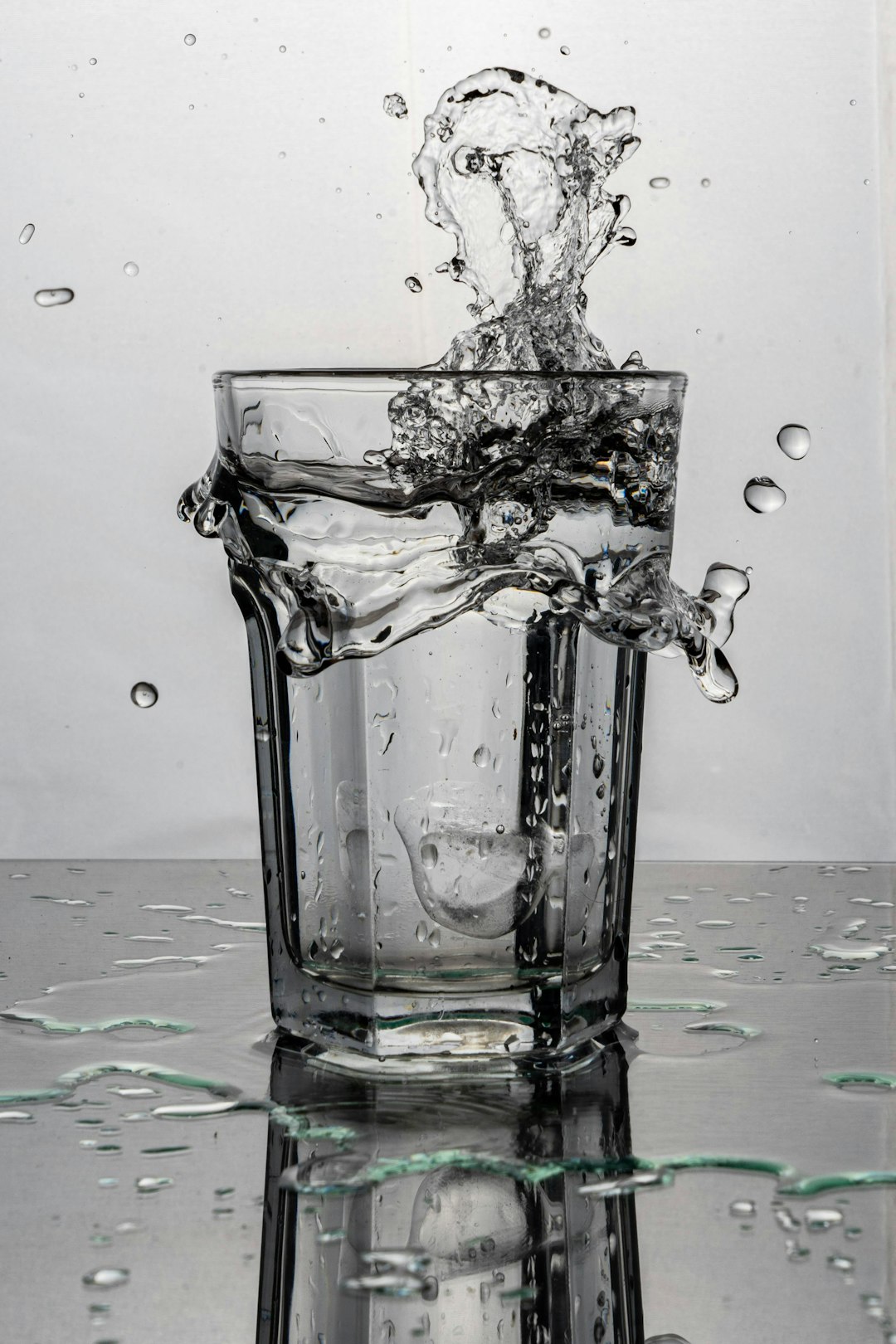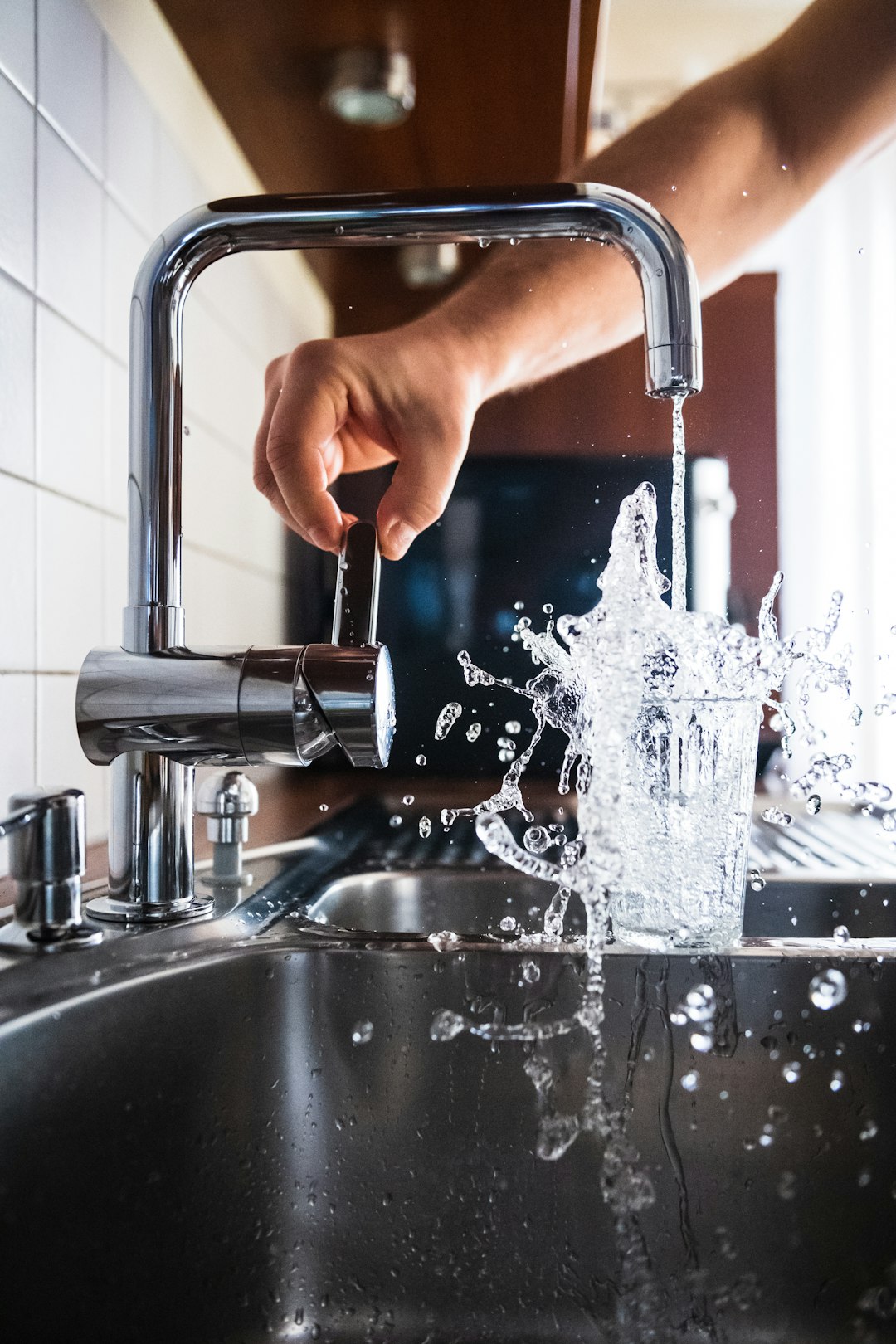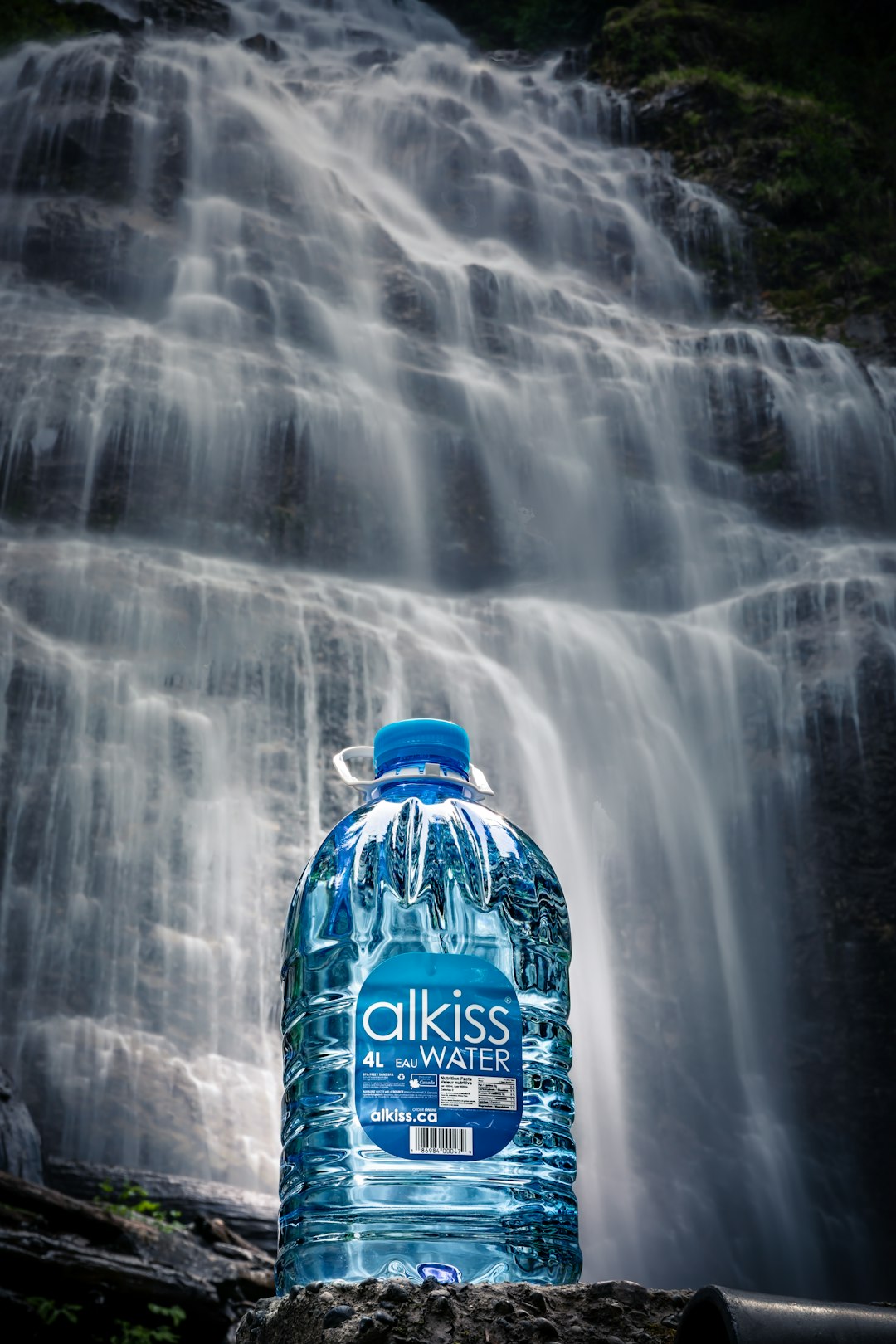Hydration and Weight Loss
The Connection Between Hydration and Weight Loss
When it comes to weight loss, most people focus on diet and exercise. However, hydration plays a pivotal role in managing weight that often goes overlooked. Understanding the relationship between hydration and weight loss can be a game-changer for those looking to shed pounds effectively and sustainably.

Why Hydration is Key for Weight Loss
Water is essential for nearly every function within the body, including metabolism and the process of burning calories. Being well-hydrated helps the body to work more efficiently, and when it comes to weight loss, efficiency is key. Drinking enough water can increase your metabolic rate, which in turn helps you to burn more calories throughout the day.
The Appetite-Suppressing Effect of Water
Drinking water can also serve as an appetite suppressant. Often, the body can mistake thirst for hunger, leading you to eat when what you really need is a glass of water. By staying hydrated, you can more accurately gauge your hunger levels, which can lead to a reduction in caloric intake. A simple habit of drinking a glass of water before meals can make you feel fuller and reduce the likelihood of overeating.

Replacing High-Calorie Beverages
Another benefit of drinking water is that it can replace other high-calorie beverages in your diet, such as sodas, juices, and alcoholic drinks. These drinks can contribute a significant amount of sugar and empty calories that hinder weight loss efforts. By swapping them out for water, you not only reduce your calorie intake but also avoid the blood sugar spikes that can lead to increased fat storage.
How Much Water Should You Drink?
The amount of water you should drink can vary depending on several factors, including your body size, activity level, and climate. A common recommendation is the "8x8 rule," which suggests drinking eight 8-ounce glasses of water a day, totaling about 2 liters, or half a gallon. However, this is a general guideline, and some individuals may need more to stay properly hydrated, especially if they lead an active lifestyle or live in a hot environment.

Hydration and Exercise
Exercise is a critical component of most weight loss plans, and hydration is essential to optimize your workout performance. Dehydration can lead to fatigue, reduced endurance, and even overheating, all of which can negatively impact your ability to exercise effectively. Ensuring you're well-hydrated before, during, and after exercise can improve your performance and help you burn more calories.
Signs of Dehydration
Recognizing the signs of dehydration is important for maintaining hydration levels conducive to weight loss. Common symptoms include thirst, dry mouth, fatigue, dizziness, and dark-colored urine. By the time you feel thirsty, you may already be dehydrated, so it's important to drink water regularly throughout the day and not rely solely on thirst as an indicator.

Incorporating Hydration into Your Weight Loss Plan
To effectively incorporate hydration into your weight loss plan, consider starting your day with a glass of water and keeping a reusable water bottle with you throughout the day to encourage regular sips. You can also increase your intake of water-rich foods like fruits and vegetables, which contribute to hydration and provide valuable nutrients.
Tracking Your Hydration
Keeping track of your water intake can be as simple as ticking off the number of glasses you drink on a notepad or using a smartphone app designed for hydration tracking. Setting regular reminders to drink water can also help establish the habit until it becomes second nature.
In conclusion, while diet and exercise are important components of weight loss, hydration should not be underestimated. By understanding the role water plays in weight management and making a conscious effort to stay hydrated, you can support your weight loss goals and improve your overall health.
